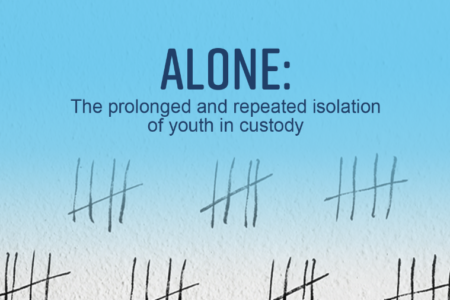Legislation comes into force to regulate e-cigarettes
New laws around the sale, promotion and use of e-cigarettes will come into effect on Sept. 1, 2016.
The Tobacco and Vapour Products Control Act is designed to protect youth from the unknown effects of e-cigarette vapour and from becoming addicted to nicotine, which is why it will treat e-cigarette use exactly the same as tobacco, with the same bans and restrictions.
There are no restrictions on adults buying e-cigarettes.
The Tobacco and Vapour Products Control Act was introduced as an amendment in spring 2015 to help stop the growing use of e-cigarettes by young people in British Columbia. Prevalence of e-cigarette use is highest among young people: one in five youth in Canada have tried an e-cigarette.
The act as amended requires retailers to ensure e-cigarettes are sold only to adults aged 19 and above, and to ensure that no retail displays are targeted to youth. As well, there should be no retail advertising for e-cigarettes shown where youth can see it.
In addition, an exception on the indoor use restriction was made so that a small number of customers in adult-only stores could learn how to use vapour products or to test products that they wish to buy.
Under the new act, e-cigarettes cannot be sold in public buildings and their use is banned on public and private school grounds, in indoor public spaces and workplaces.
These amendments also ban the use of tobacco and e-cigarettes on health authority properties; however, health authorities can establish designated smoking and vaping areas at their discretion. Health authorities continue to provide leadership in promoting the reduction of tobacco use.
Great progress has been made in reducing tobacco prevalence in the province, and British Columbia continues to have the lowest smoking rate in Canada, at approximately 15.3%.
Since the B.C. Smoking Cessation Program began in 2011, the Province has invested more than $51.5 million into the program and more than 223,000 have used the program to try to quit; that’s 37% of British Columbians who smoke.
Quitting smoking greatly reduces serious health risks such as cancer, chronic obstructive pulmonary disease and asthma for British Columbians and their families.
Each year, more than 6,000 British Columbians die from the effects of tobacco use.


























